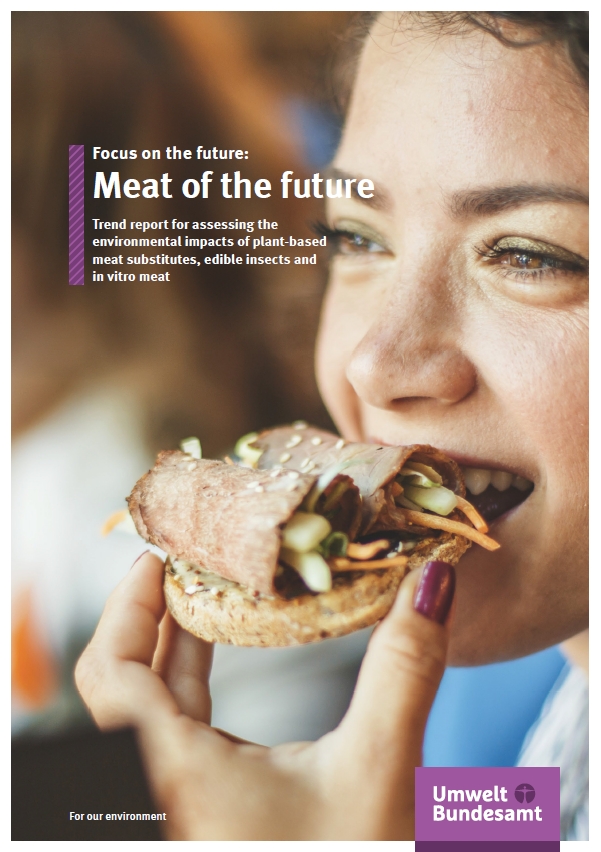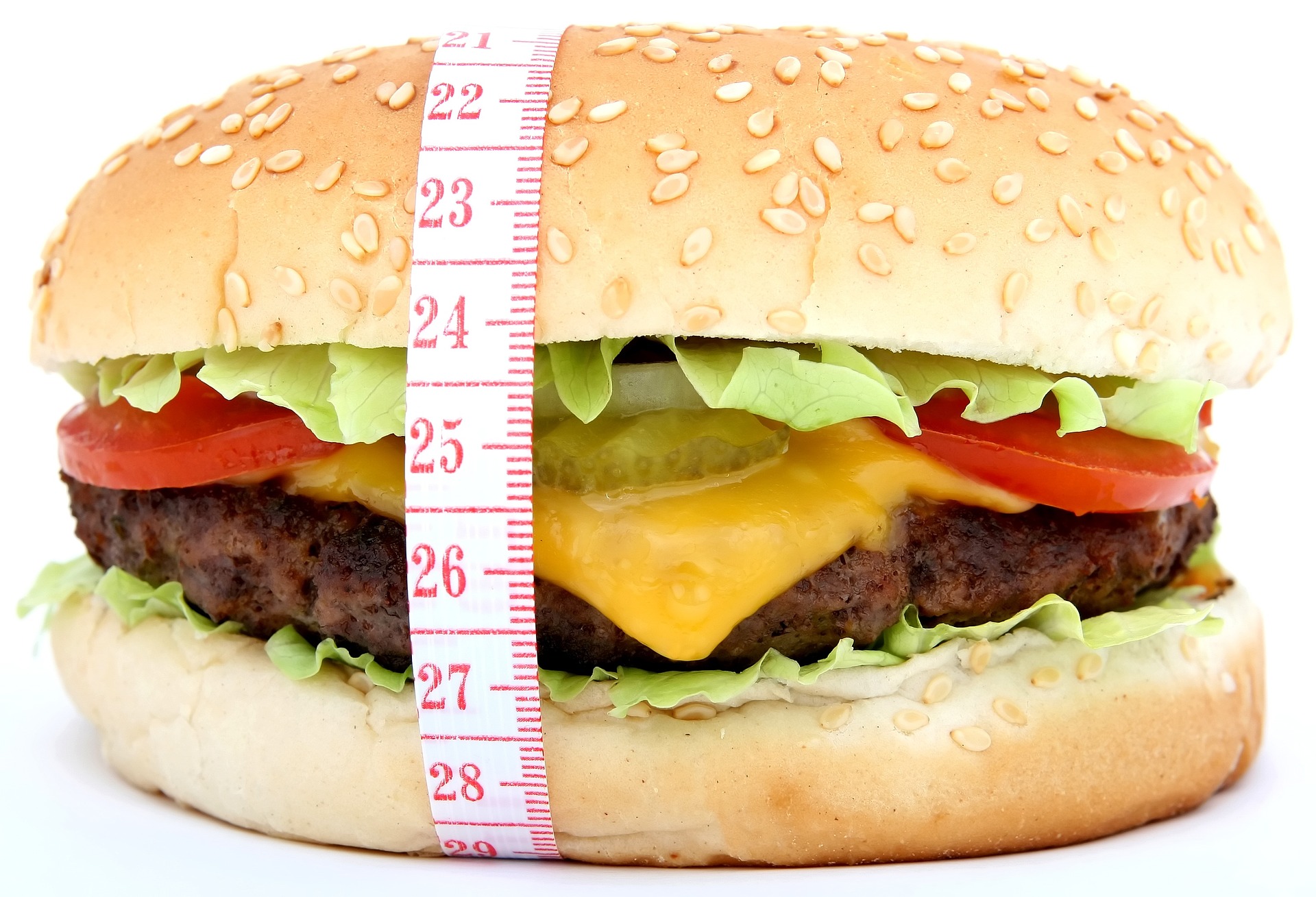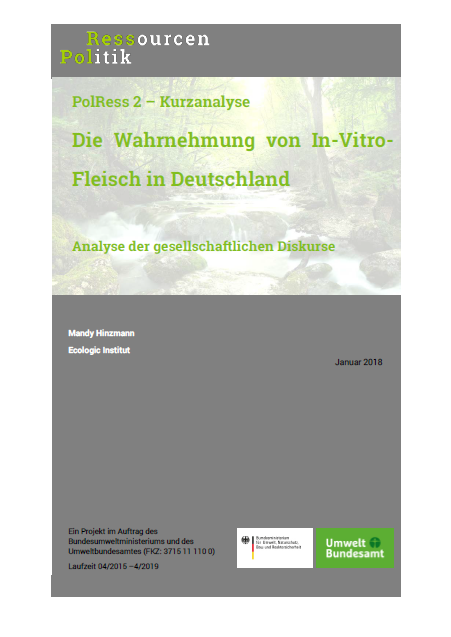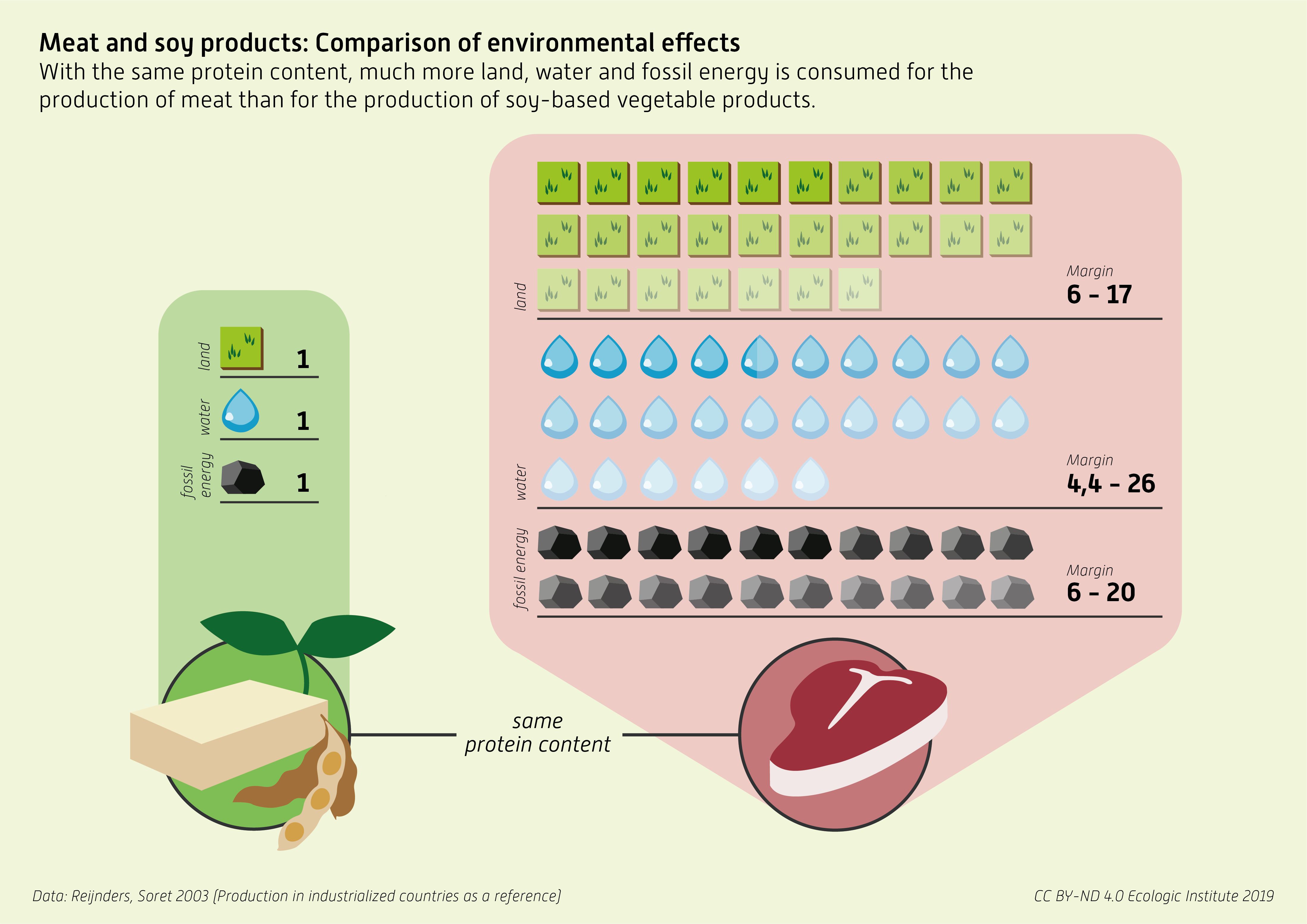The Future of Meat: From Trend Analysis to Policy Action
- Presentation
- Date
-
- Location
- Berlin, Germany
- Speech
-
Stephanie Wunder
In her presentation "Plant based meat, insect food & invitro meat: Results of a trend analysis study for policy makers about environmental impacts and required policy action", Stephanie Wunder showed that from the three meat alternatives plant based products have by far the best environmental footprint. Supporting the further market development of these alternatives can therefore be part of the needed food system transformation. Further measures though have to be embedded into a broader range of policy changes, which need to:
- Reduce meat consumption (e.g. through animal welfare requirements, internalizing external costs etc.)
- Support plant based diets (special focus on pulses)
- Develop national strategies for healthy and sustainable food (implementing the EU Farm to Fork Strategy)
- Support research to clarify open questions and further develop the methods and technologies (particularly relevant for the case of in vitro meat)
- Act coherently on EU (and international) level, particularly with regards to the implementation of the EU’s Common Agricultural Policy (CAP)
The webinar took place on 13 May 2020 and was organized by European Environment Information and Observation Network (Eionet) National Reference Centres for Foresight (NRC FLIS). Eionet is a partnership network of the European Environment Agency (EEA) and its 38 member and cooperating countries.






